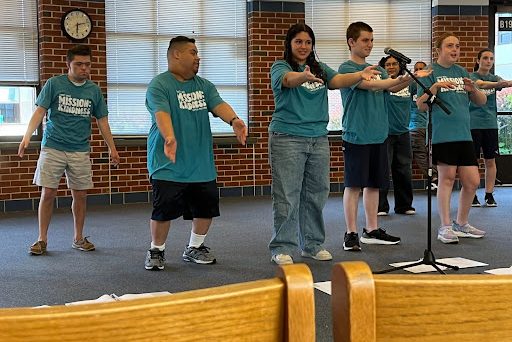It’s Time For The NFL to Change Its Marijuana Policy

October 7, 2019
Over the last few years, the legalization of marijuana has skyrocketed throughout both the United States, and across the world. In the last year, major countries like Canada and the United Kingdom have demonstrated their support, with Canada legalized recreational marijuana use, and the U.K. legalizing medical use. Meanwhile, states such as California, Oregon, Colorado, Washington, Massachusetts and a few others have already fully legalized the drug. Once commonly viewed as a ‘gateway’ drug with no true benefits, marijuana is now viewed as maybe one of the leading options for pain relief, not to mention several other health benefits that weed has been found to have.
Recently, there has been increasing amounts of talk about the National Football League (NFL), looking into adding marijuana as an option for players dealing with pain. For anyone a fan of the NFL, this is nothing new. Over the past decade, this topic has come up during every offseason, where the NFL looks into how it can improve the league in any way it sees fit. For years, the NFL has been very firm on its position with players and the use of marijuana for medical purposes.
Instead, the NFL has chosen to support the use of opioids for players dealing with pain. This has become both a medical crisis both in the league, and outside of the league, as several former, and sometimes current players have come out as having to deal with addiction to painkillers. Former NFL star, Calvin “Megatron” Johnson, recently explained in an interview with Sports Illustrated how easy it was for players to access these pain medications.

“You really could go in the training room and get what you wanted,” Johnson said, ”I could get Vicodin, I could get Oxycontin. It too was available. I used Percocet and stuff like that, but I did not like the way that made me feel. “
This isn’t to mention the dangers of taking all of these strong painkillers. The effects of opioids can be incredibly severe, as they can depress the respiratory system, cause severe dependence, and mostly notably cause a risk of an overdose.
For Johnson and many others, marijuana seemed like a much safer alternative to highly addictive and potentially dangerous opioids. NFL fans have known for years that many players, both current and former, choose not to follow the policy. Every year we hear of former players who choose to smoke marijuana during their time in the league. As a matter a fact, former Wide Receiver and Super Bowl champion, Percy Harvin. Harvin was in the NFL from 2009 to 2016 and played in 75 games during his career. Recently, Harvin told Bleacher Report about his struggles with anxiety both on and off the NFL field.
“The only thing that really seemed to work is when I would smoke marijuana,” Harvin told Bleacher Report. “There’s not a game that I played in that I wasn’t high.”
Though the NFL has been very stringent in the past on marijuana usage, they have taken measures recently to explore mental health and assess pain management alternatives to painkillers. This past offseason, the NFL and the NFL Players Association agreed for the first time to cooperate in studying the potential use of marijuana as a pain management tool for players.
“We’re asking our pain management committee to bring us any and all suggestions,” said Allen Sills, the league’s chief medical officer in a recent interview, “We’ll look at marijuana.”

The exploration will take place as part of two new medical committees formed by the league and union that will provide recommendations on key medical issues. One committee is on pain management, the other on mental health and wellness. Both sides said the pain management committee is not solely focused on marijuana and its members will study a variety of strategies for players.






